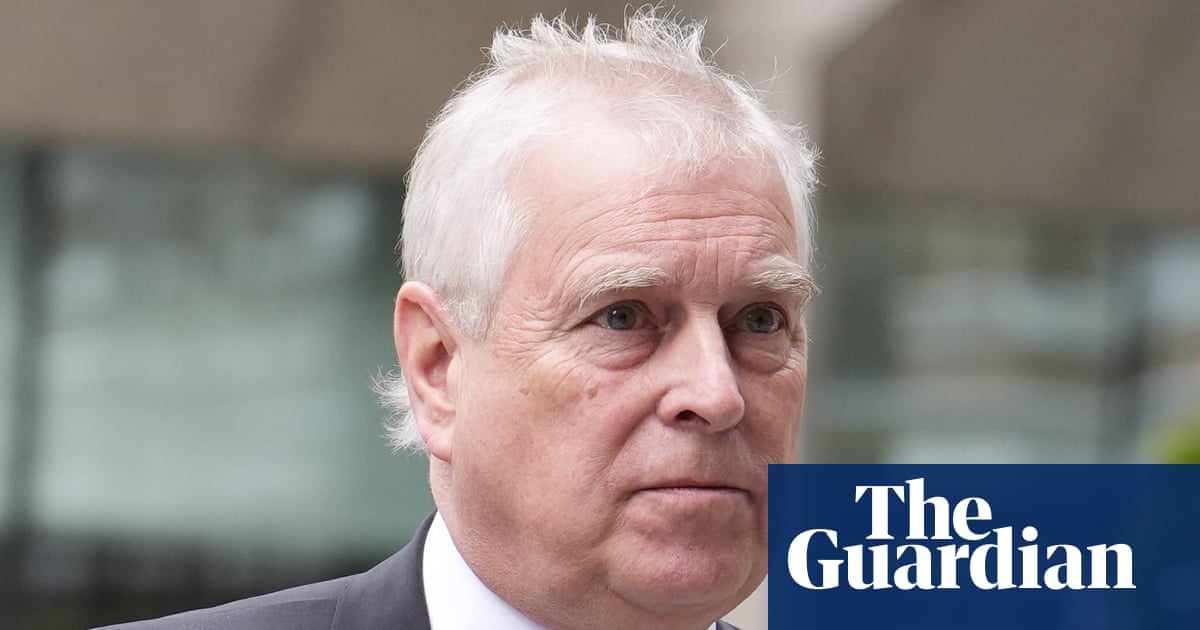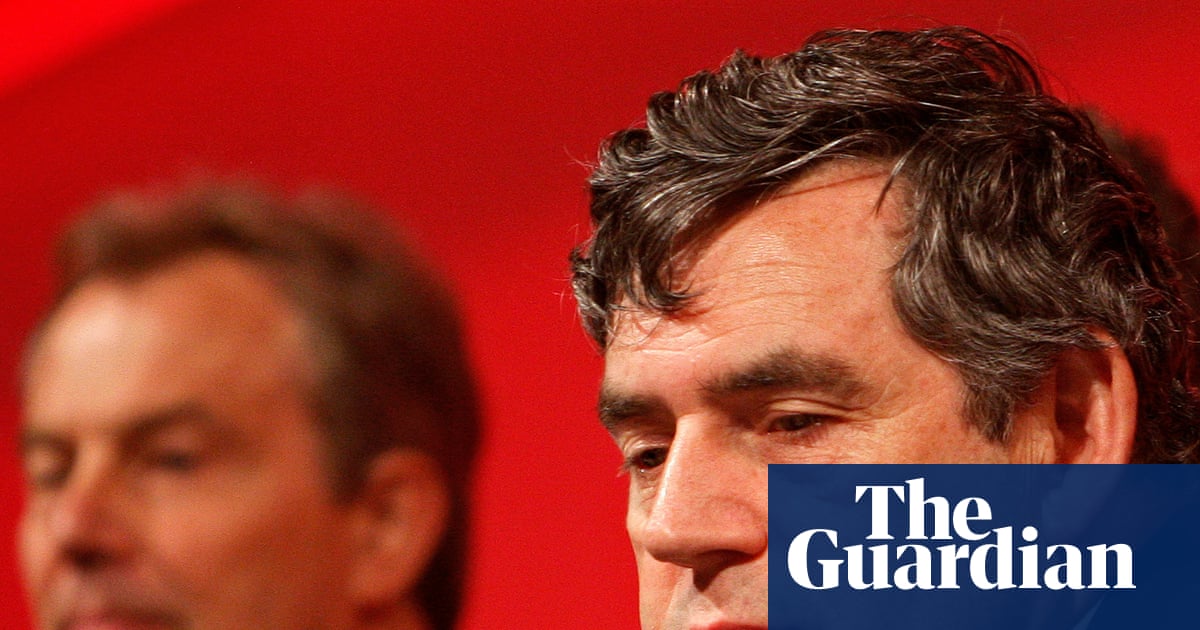The fiasco over the accidental release of Hadush Kebatu, who was serving a sentence for sexual assault and due to be deported from HMP Chelmsford, is a symptom of a wider problem. What ails the British state is that it has built, and is building, what it cannot seem to maintain.
A decade of attrition has hollowed out public services to the extent that they struggle to function coherently or plan beyond the next crisis. Under the Tories, state spending grew by just over 1% a year – well below the long-run trend of 2.6% per year. This hides the fact that Britain’s fiscal story since 2010 has been an emphasis on capital spending that sends ministers reaching for hard hats, but doesn’t keep the lights on. However, investment without maintenance is just decay.
The justice secretary, David Lammy, is right to blame the Conservatives for the failings in state competence. Under Tory austerity, prison budgets were cut by a quarter and a 30% loss of staff gutted the system. As Cassia Rowland of the Institute for Government observes, the result is a “slow-motion collapse”: a service now staffed largely by overburdened, inexperienced personnel. Even if one officer slipped up with Kebatu, the system is not working. There were 262 mistaken releases last year – double that in 2023, and quadruple that in 2014.
Ministers’ solution is to add 14,000 new prison places. These may be necessary, but they won’t be sufficient. More jails are probably required, but where is the money to staff them properly? There are signs that the Office for Budget Responsibility (OBR), of all places, is beginning to recognise the problem and shift course. Under the Tories, it was a bastion of cheeseparing. It thought public investment was a waste of money and that the British economy was running so efficiently that any spending would drive up inflation.
Yet in August last year, the OBR conceded that public investment could pay for itself. And in March, it dropped its earlier Tory-era assumption that there was no slack in the UK economy. Crucially, if the economy isn’t running at full capacity, as the Labour MP Jeevun Sandher pointed out, public spending won’t displace private spending – it will add to overall output.
The OBR was created to remove politics from fiscal policy, but it ended up embedding the politics of austerity. This was not bad luck, but bad theory. It regularly overestimated the post-crash recovery in productivity, producing forecasts that aligned with the narrative that spending cuts and restraint were necessary. Brexit has been bad for Britain’s economy, but it would be a mistake to treat productivity solely as a supply-side variable, impervious to demand and confidence.
Academics think investment is the engine of productivity. When the crash hit, firms stopped spending and uncertainty since has seen them reluctant to start up again in a meaningful way. Since 2010, both public and private capital expenditure has stuttered, leaving Britain stuck in a low-productivity trap.
If the OBR changed tack, it could become something more valuable than a fiscal umpire. It could be the body that quantifies the cost of understaffed jails, clogged hospitals and councils that can’t cope. The evidence is hiding in plain sight. When even the prison authorities don’t know who should be inside, the real output gap is found in society, not the economy.
-
Do you have an opinion on the issues raised in this article? If you would like to submit a response of up to 300 words by email to be considered for publication in our letters section, please click here.

 2 months ago
58
2 months ago
58

















































